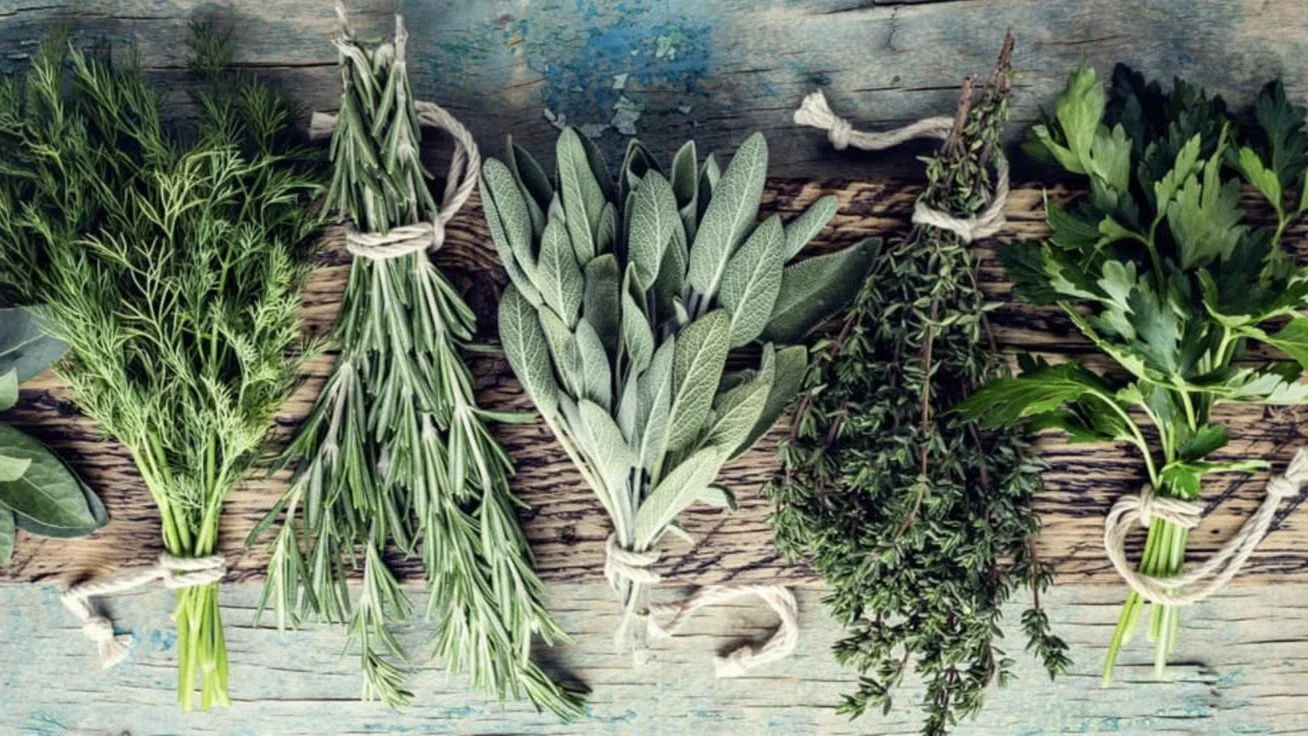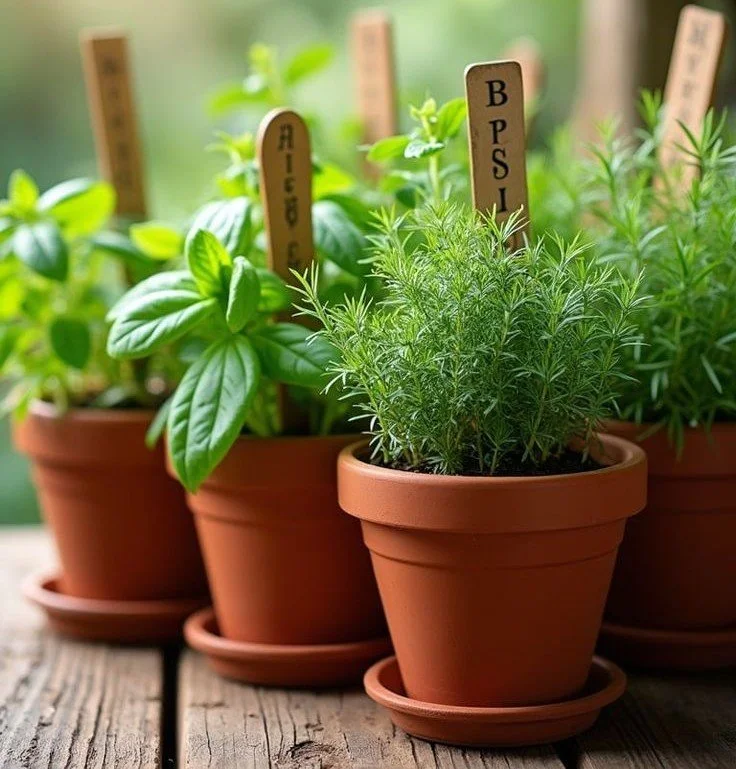When Herbs Can Make a Difference: How to Add Them to Your
Fresh herbs are tiny powerhouses: they deliver concentrated bursts of vitamins A, C and K, minerals like iron and magnesium, and an impressive lineup of polyphenols and essential oils that tame inflammation, support digestion, sharpen cognition, and even help balance blood sugar. By weaving them into everyday meals—whether snipped from a sunny windowsill pot, blitzed into vibrant sauces, or frozen in olive-oil cubes—you can elevate flavor while dialling back salt and added sugar. Below you’ll find the “why” and the “how,” complete with easy kitchen hacks to ensure a steady stream of verdant goodness on your plate.
Why Fresh Herbs Deserve a Place on Your Plate
Dense in micronutrients & antioxidants
Tablespoon-for-tablespoon, parsley and basil pack more vitamin K than leafy greens like spinach, plus respectable vitamin C and iron totals. ars.usda.gov
Polyphenols in herbs (e.g., rosmarinic acid in rosemary, luteolin in parsley) combat oxidative stress linked to cancer, heart disease, diabetes, and Alzheimer’s. elliekrieger.com
Basil extracts significantly reduce inflammatory markers in human trials, hinting at joint- and heart-protective effects. pmc.ncbi.nlm.nih.gov
Targeted functional benefits
Mint-Calms indigestion and eases nasal congestion thanks to mentholtimesofindia.indiatimes.com
Rosemary- Antioxidants like carnosic acid may preserve memory and fend off cognitive declinesciencealert.com
Cilantro/Coriander- Animal research shows coriander lowers fasting glucose and stimulates insulin releasepubmed.ncbi.nlm.nih.gov
Peppermint oil- Relaxation of GI smooth muscle can soothe spasms (with caution for reflux sufferers)pmc.ncbi.nlm.nih.gov
Rosemary tea- Early evidence suggests mood- and blood-sugar benefitshealthline.com
Six Practical Ways to Add More Fresh Herbs
1. Grow a mini herb garden
Most culinary herbs thrive with six hours of sun—outdoors is easiest, but a bright south-facing window plus well-draining potting mix works, too. epicurious.commarthastewart.com
2. Finish (don’t cook)
Sprinkle handfuls of parsley, basil or cilantro over soups, pastas, and eggs just before serving; heat destroys delicate aromatics and some vitamin C. heinens.com
3. Blend into beverages
Steep mint, basil or rosemary in chilled water for a no-calorie refresher that may subtly boost hydration habits. healthline.comhealthline.com
Toss tender herbs into green smoothies; their bright notes offset earthy greens without extra sugar.
4. Whip up herb-forward sauces & dressings
Classic herb condiments like pesto or Argentine chimichurri deliver concentrated phytonutrients alongside heart-healthy olive oil—perfect on grilled veggies or grain bowls. elizabethrider.com
5. Fold into salads, grains & baked goods
Mix chopped rosemary into whole-grain bread dough, cilantro into quinoa, or dill into potato salad for instant flavor lifts that let you cut back on salt.
6. Preserve the bounty
Freeze in oil: Pack chopped rosemary, sage or thyme into ice-cube trays, cover with olive oil, and freeze—ready to drop into winter stews. thekitchn.com
Freeze tender herbs: Cilantro or parsley can be pureed with a splash of oil and frozen flat in zip bags for quick portioning. thekitchn.com
Quick Herb Spotlight & Usage Ideas
Parsley- Clean, grassy: Stir into tabbouleh, blend into chimichurri
Basil- Sweet, anise-like: Layer fresh leaves on sandwiches, stir into strawberry salads
Mint- Cooling, bright: Toss into fruit salads, muddle into sparkling water
Cilantro- Citrusy, bold: Finish tacos, pulse into avocado-lime dressing
Rosemary- Piney, aromatic: Infuse olive oil, roast with root veggies
Storage & Safety Tips
Store stems like cut flowers: trim ends, stand in a jar of water, cover loosely with a produce bag, and refrigerate for up to a week.
Wash just before use to minimize spoilage.
Concentrated essential oils (e.g., peppermint) can interact with medications—consult your healthcare provider if you use herbal extracts regularly.
Bottom Line
Fresh herbs are the culinary equivalent of a “multi-vitamin with flavor”: they elevate dishes while delivering a spectrum of micronutrients, antioxidants, and functional compounds that support digestion, cardiometabolic health, and cognition. With simple strategies—growing a pot on the balcony, finishing dishes with a shower of greenery, and keeping freezer-ready cubes—you can make herbs a daily, delicious habit. Your taste buds (and your body) will thank you.


